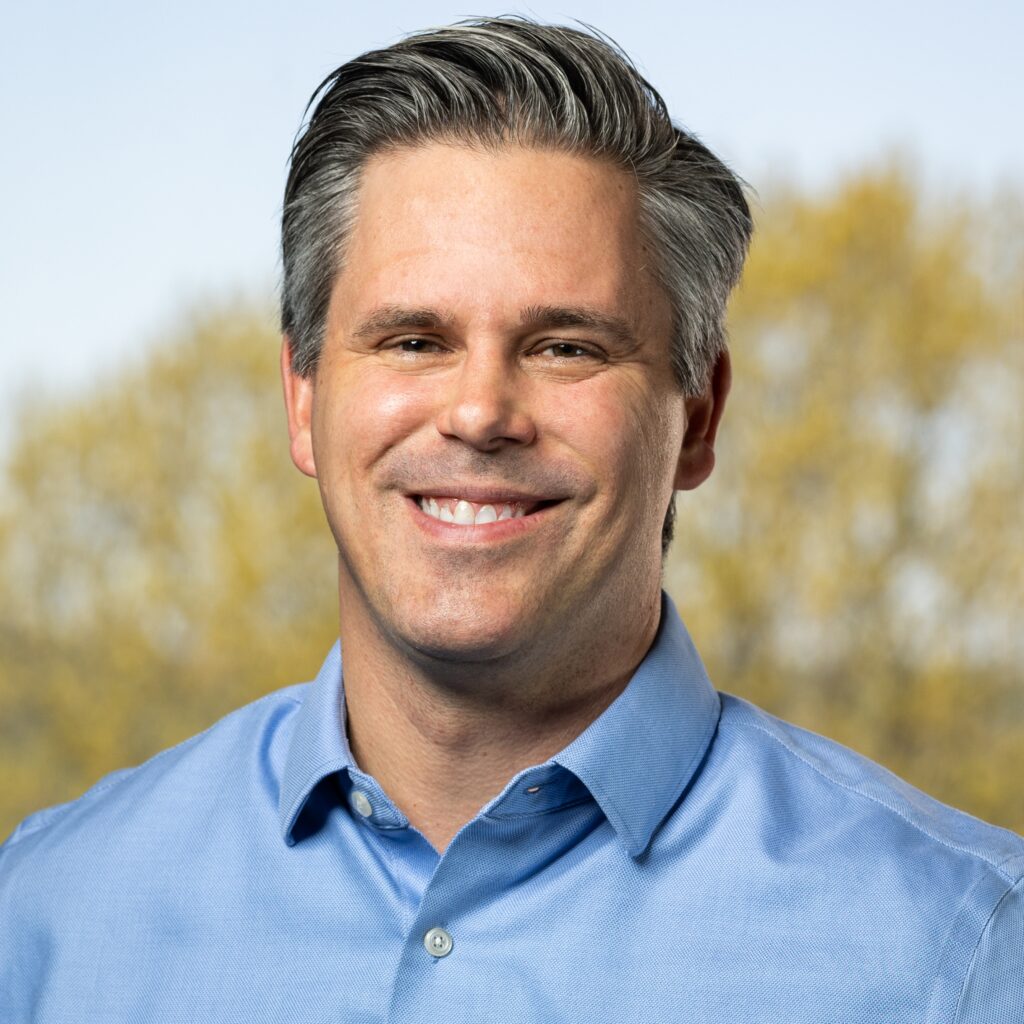June, 5, DC – Brett Rees joins Waldron Private Wealth as a Managing Director – Wealth Consultant in the Greater Washington DC area. Waldron, a wealth management firm who focuses on serving individuals, families, and business owners. Rees will lead and expand the firm’s operations in the mid-Atlantic region.
“After spending over 25 years serving high-net-worth and ultra-high-net-worth clients and their families at an institutional firm, I am pleased to join an independent, boutique and personalized wealth advisory enterprise that aims to provide customized advice that is in the best interest of the clients,” said Rees. “Waldron aims to help individuals and families coordinate all aspects of their complex financial lives so they can focus on the things that are most important to them. Waldron has the breadth of experience, customized approach to managing wealth and the services to help create a comprehensive, objective, and holistic family office experience for our clients.”
Headquartered just outside of Pittsburgh, Pennsylvania, Waldron is an independent wealth management firm catering to high-net worth and ultra-high-net-worth individuals and families.
Waldron’s team has a strong commitment to the company’s founding principles and strategic vision. Central to this approach is maintaining a low client-to-staff ratio, currently better than 5 to 1. This key differentiator allows Waldron advisors to customize planning and investment solutions for each client’s unique situation.
“Waldron has a focus on strategic growth and, while we have been serving clients in the Washington DC area for nearly 30 years, having the opportunity to bring in a seasoned professional like Brett to lead our expansion into the Mid-Atlantic region was an easy decision” says John Waldron, CEO & Founder of Waldron. “Brett will be responsible for introducing new potential clients to the firm and help with hiring local talent with the ultimate goal of expanding our presence to open an office in the region.”
Since Waldron’s founding in 1995, the firm has built up a strong client base in the greater Washington D.C., Maryland and Virginia area. Strategic growth in the Greater Washington DC area mind prompted a permanent hire to lead our service and growth efforts in the region. As a Managing Director – Wealth Consultant, Brett will be tasked with building client relationships, providing comprehensive wealth planning services, and growing the clientele base in the region.
“We approach every hire at Waldron very thoughtfully and selectively – to help ensure that each person is the right fit for our culture” said Mike Krol, Partner & Head of Wealth Advisory of Waldron. “Brett is a great addition to our team, helping us to grow our footprint in the metro DC area.”
Prior to joining Waldron, Brett was a Regional President at a national financial services company. Throughout his career Brett has worked towards becoming a trusted advisor for his clients and he brings that experience with him to Waldron.
For more information about Waldron’s services in the Washington D.C., Maryland and Virginia areas, please contact: brees@waldronpw.com
Waldron Private Wealth (“Company”) is an SEC registered investment adviser with its principal place of business in the Commonwealth of Pennsylvania. Company may only transact business in those states in which it is registered, or qualifies for an exemption or exclusion from registration requirements. For information about the Firm’s registration status and business operations, please consult Waldron’s Form ADV disclosure documents, the most recent versions of which are available on the SEC’s Investment Adviser Public Disclosure website at www.adviserinfo.sec.gov.





